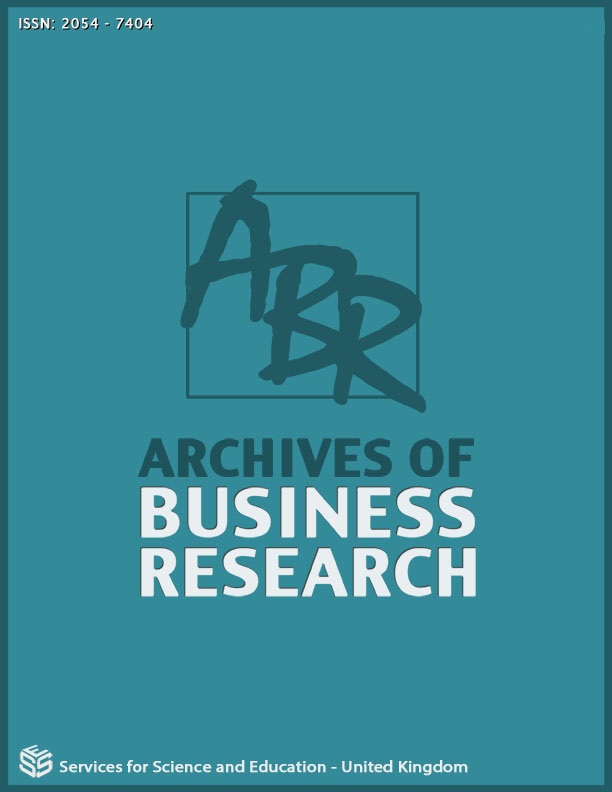Enhancing International Business Development Between the United States and Africa by Implementing the Vibrant International Trade Alliance Model (VITAL - M)
DOI:
https://doi.org/10.14738/abr.1011.13489Keywords:
Global Entrepreneurship, Africa, Vibrant International Trade Alliance (VITAL), Public Institutions of Higher Education (PIHEs), Government Agencies for International TradeAbstract
International Business development requires a complex mix of market opportunities, political stability, confidence in the rule of law, a strong economic base, financial resources, and perhaps most important - an educated, knowledge embracing workforce that translates into global market expertise. Local, regional, national and international business development in Africa has traditionally lacked much of this mix and as it followed a tradition of natural resource exploitation, with little intellectual value added. This, for the most part has resulted in it “underdeveloped” status at worst or “developing” status at best when compared to much of the world. However, important examples exist where Africa in certain sectors is increasingly embracing knowledge resources. One area in particular, entrepreneurship, embedded in small and medium sized enterprises (SMEs) holds much promise for Africa’s development. This is particularly true when innovative entrepreneurs are knowledgeable about global markets, especially those with growing urban consumers and international trade opportunities. Developing such entrepreneurs and connecting them with – 1) government agencies charged with enhancing international trade (AITs), 2) public institutions of higher education (PIHEs) charged with educating the next generation of globally competitive business leaders and 3) domestic small to medium sized enterprises (SMEs) seeking new growth opportunities in the world-wide business markets can result in African business development that is super-charged. This paper explores a proven model for such development, labeled VITAL – Model (Vibrant International Trade Alliances Model). To fully grasp the nature and possibilities of this model for Africa, this paper - 1) over-views the realities of globalization that have created unprecedented opportunities for SMEs around the world, 2) highlights the importance of entrepreneurship in moving SMEs to the next level of wealth creation, 3) presents the VITAL Model developed in a globally engaged U.S. state (Virginia) to foster entrepreneurial expansion into international markets, 4) explains how the model can be applied to African countries and to partnerships between public institutions of higher education (PIHEs) in Africa and their U.S. counterparts, and 5) provides managerial, policy and future research implications related to this boundary spanning way of thinking.
Downloads
Published
How to Cite
Issue
Section
License
Copyright (c) 2022 Van R. Wood, Sombo Muzata

This work is licensed under a Creative Commons Attribution 4.0 International License.






